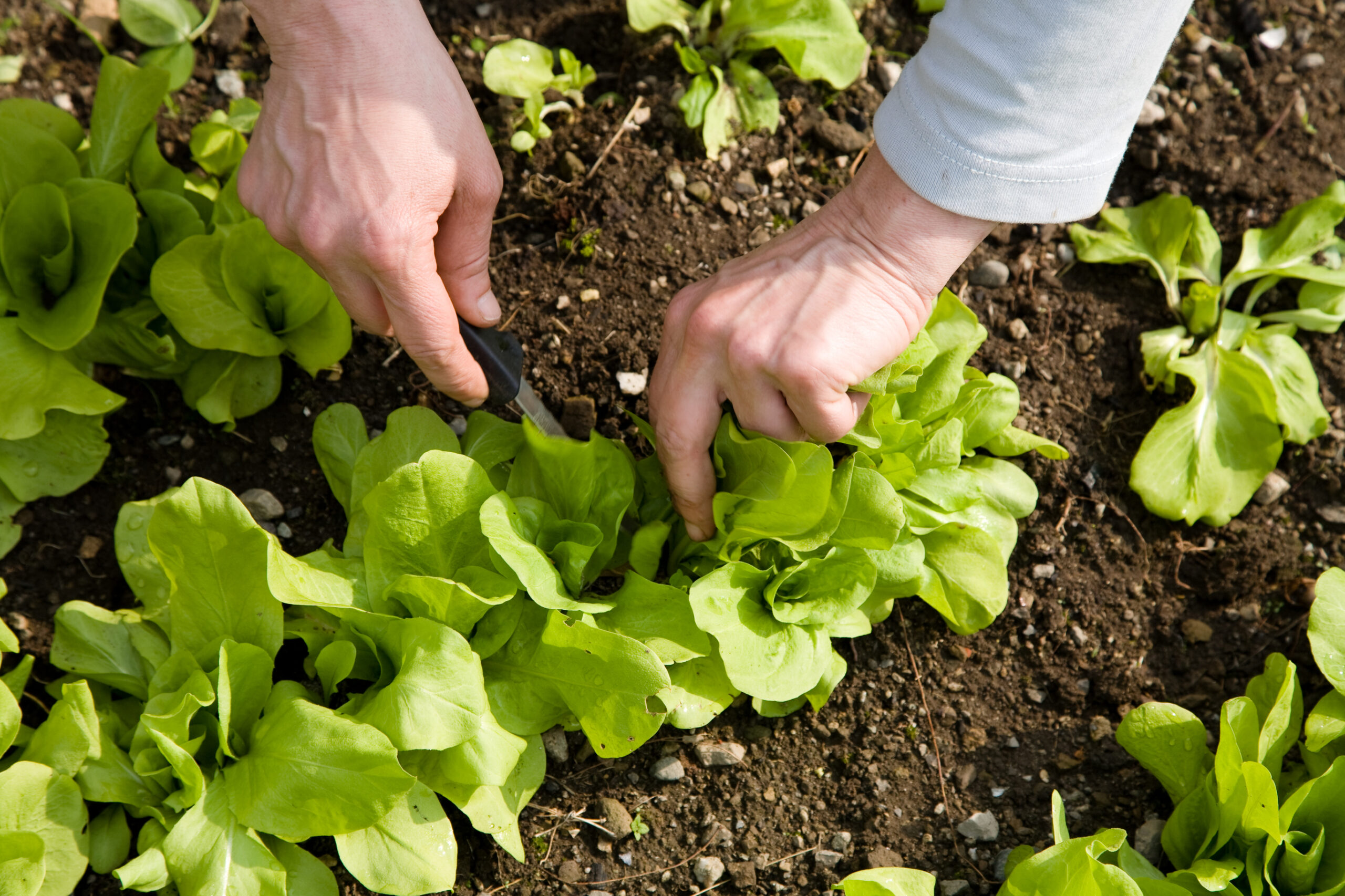Activities for mind and Body

There are many things you can do to help yourself age well: exercise and be physically active, make healthy food choices, and don’t smoke. But did you know that participating in activities you enjoy may also help support healthy aging?
As people get older, they often find themselves spending more and more time at home alone. The isolation can lead to depression and is not good for your health. If you find yourself spending a lot of time alone, try adding a volunteer or social activity to your routine.
Benefits of an Active Lifestyle
Engaging in social and productive activities you enjoy, like taking an art class or becoming a volunteer in your community or at your place of worship, may help to maintain your well-being.
Research tells us that older people with an active lifestyle:
- Are less likely to develop certain diseases. Participating in hobbies and other social and leisure pursuits may lower risk for developing some health problems, including dementia.
- Have a longer lifespan. One study showed that older adults who reported taking part in social activities (such as playing games, belonging to social groups, or traveling) or meaningful, productive activities (such as having a paid or unpaid job, or gardening) lived longer than people who did not. Researchers are further exploring this connection.
- Are more happy and less depressed. Studies suggest that older adults who participate in what they believe are meaningful activities, like volunteering in their communities, say they feel happier and more healthy. One study placed older adults from an urban community in their neighborhood public elementary schools to tutor children 15 hours a week. Volunteers reported personal satisfaction from the experience. The researchers found it improved the volunteers’ cognitive and physical health, as well as the children’s school success. They think it might also have long-term benefits, lowering the older adults’ risk of developing disability, dependency, and dementia in later life.
- Are better prepared to cope with loss. Studies suggest that volunteering can help with stress and depression from the death of a spouse. Among people who experienced a loss, those who took part in volunteer activities felt more positive about their own abilities (reported greater self-efficacy).
- May be able to improve their thinking abilities. Another line of research is exploring how participating in creative arts might help people age well. For example, studies have shown that older adults’ memory, comprehension, creativity, and problem-solving abilities improved after an intensive, 4-week (8-session) acting course. Other studies are providing new information about ways that creative activities like music or dance can help older adults.
Activities to Consider
Would you like to get more involved in your community or be more socially active? There are plenty of places to look for opportunities, depending on your interests. Here are some ideas:
Get out and about
- Join a senior center and take part in its events and activities
- Play games with friends
- Travel with a group of older adults, such as a retiree group
- Visit friends and family
- Try different restaurants
- Join a group interested in a hobby like knitting, hiking, painting, or wood carving
Learn something new
- Take a cooking, art, or computer class
- Form or join a book club
- Learn (or relearn) how to play a musical instrument
Become more active in your community
- Serve meals or organize clothing donations at a place for homeless people
- Help an organization send care packages to soldiers stationed overseas
- Care for dogs and cats at an animal shelter
- Volunteer to run errands for people with disabilities
- Join a committee or volunteer for an activity at your place of worship
- Volunteer at a school, library, or hospital
- Help with gardening at a community garden or park
- Organize a park clean-up through your local recreation center or community association
- Sing in a community choral group, or play in a local band or orchestra
- Take part in a local theater troupe
- Get a part-time job
Be physically active
- Garden or do yard work
- Take an exercise class or do exercises at home
- Walk or bicycle with a friend or neighbor
- Swim or take a swimming class
- Play with your grandchildren
Find the Right Balance
Everyone has different limits to the amount of time they can spend on social or other activities. What is perfect for one person might be too much for another. Be careful not to take on too much at once. You might start by adding one or two activities to your routine and see how you feel. You can always add more. Remember—participating in activities you enjoy should be fun, not stressful.
Content disclaimer
Content on this website is provided for information purposes only. Information about a therapy, service, product or treatment does not in any way endorse or support such therapy, service, product or treatment and is not intended to replace advice from your doctor or other registered health professional. The information and materials contained on this website are not intended to constitute a comprehensive guide concerning all aspects of the therapy, product or treatment described on the website. All users are urged to always seek advice from a registered health care professional for diagnosis and answers to their medical questions and to ascertain whether the particular therapy, service, product or treatment described on the website is suitable in their circumstances. Medimission.com shall not bear any liability for reliance by any user on the materials contained on this website.



